If you have any doubts, let me call you with personal guidance
Partner and Area Director
Senior Consultant
In our daily interactions with others, we humans constantly analyze our surroundings and unconsciously form opinions, expectations and assumptions about them based on factors such as appearance, personal characteristics and traits including ethnicity, religion, ability level, gender, gender identity, age and sexual orientation, among others. These assumptions or prejudices - also known as biases - exist and are formed completely out of our own control. As a leader, it's crucial to actively address how biases hinder objective decision-making processes and thus stand in the way of achieving a more diverse and inclusive workplace. At LEAD, we help you implement a systematic approach to managing and working with negative biases.
There are more than 180 forms of unconscious bias. Some biases are considered negative because they undermine our ability to make informed and objective decisions. These negative biases can lead to biases, fallacies or stereotypes that distort our perception of reality and can have negative consequences for ourselves or others.
The bad news is that everyone has biases and that they are virtually impossible to get rid of once established. The good news is that good strategy, management practices and HR tools can make us aware of, work with and break biases so they don't inadvertently influence our decisions.
It is therefore an important management discipline for any good leader to be aware of and work with bias in themselves and in the organizational context. Being able to uncover hidden biases that result in discrimination and structural issues in your own organization is fundamental to a healthy and inclusive work environment.
Here are a few examples of biasesthat probably affect your day-to-day work as a leader without you without you even realizing it:
1
Categorization fallacies: Humans tend to form simple mental models (rules of models (rules of thumb), which can mean that logical rules and categorizations are ignored.
2
Confirmation biasConfirmation bias: people tend to seek, interpret and remember information in a way that confirms their pre-existing beliefs.
3
Ethical biasesEthical bias: this type of bias refers to an ethical blind spot where people tend to overlook or explain away their own unethical behavior and conflicts of interest.
4
Self-assessment bias: People tend to be overly optimistic, which which often leads them to see the future in a positive light and neglect risks and future challenges.
5
Loss aversion: Humans have a strong aversion to loss, which often leads to irrational decision-making.
6
Emotional biases: this type of bias differs from other cognitive biases and refers to the fact that human behavior is often influenced by emotions long before the brain has time to process the information.
Bias-aware management is an important part of diversity and inclusion work. Nevertheless, it is also important to recognize that it is only one part of a larger structural work on DEI initiatives. Of course, bias-aware leadership requires a basic knowledge, training and understanding of what bias is. Here at LEAD, we work with you as a leader to increase and develop your awareness and understanding of which types of bias are particularly relevant to you personally, but also to you as an organization, and how these biases affect your collaboration, processes and structures.
But awareness of your own and your organization's biases cannot stand alone. To ensure real impact and long-term, sustainable change, we first and foremost work to equip you with our research-based and practice-oriented approaches and tools for how you as a leader - and you as an organization - can work to identify and break down negative bias early on. We also take a structural and cultural approach, where we work with you to identify and focus on how you can work preventively with your organizational structures and culture. This ensures that your strategies, policies, processes and structures are designed and built to prevent negative bias from coming into play, so you avoid inappropriate, unprofessional and unsustainable decisions and behavior.
Through scientific and practical experience, LEAD is ready to support you in every step of the process, from analysis, ideation and planning to training, execution and follow-up
We offer presentations, workshops, and leadership and organizational sparring that aim to zoom in on hidden biases that are preventing you and your organization from creating a workplace with diversity, equality and inclusion. See examples of our services here:
We help facilitate employee groups and networks
For managers and HR
Facilitation of an active workshop with a focus on knowledge sharing and awareness training at management and organizational level.
Partner and Area Director
Senior Consultant
Senior Consultant
Senior Consultant

The purpose of the DEI leadership course for OK was to create awareness and inspiration for 100 leaders through hands-on training on how leaders can promote an inclusive culture and ensure a safe and attractive workplace for everyone.
To ensure that the content and format of the training hit the mark with the managers, we conducted three test workshops for the executive board, AMO organization and HR. With input from these, we tailored the final format and used the input from the management in particular to anchor the course strategically for the managers.
The training consisted of two workshops with six to seven weeks in between to ensure knowledge transfer and time for trial actions between the two workshops. Buddy agreements supported that managers were kept up on their promises of trial actions between workshops.
I started the program with my arms crossed, but I think something has really happened from the first workshop to now. We can talk about things that I didn't think we could talk about in OK. It's great and a big step in the journey for us."
Quote from managers
LEAD teaches at a DEI leadership development program for management, managers, directors of studies, heads of department and other personnel managers at CBS.
The program aims to train inclusive leadership skills in the management team as part of CBS' implementation of their Gender Equality plan
In collaboration with CBS' D&I Office, different themes were selected. It was important for CBS that the managers developed a common language and had fruitful dialogues along the way. Therefore, the managers met in learning groups between the 4 modules to practice DEI competencies in practice.
Other topics: How to deal with discrimination in the workplace, diversity management, microaggressions and norms
Partner and Area Director
Senior Consultant
Administration or accounting questions?
Call us on +45 5337 6000
or write to kontakt@lead.eu
LEAD - enter next level A/S
CVR: 35034374
LEAD Society ApS - CVR: 39168766
Vestergade 43,
8000 Aarhus C
Overgaden Oven Vandet 10, 2nd & 3rd floor, 1415 Copenhagen K
Overgaden Oven Vandet 8, Mezzanine, 1415 Copenhagen K.
Sign up for our digital magazine 'LEAD Insights' and stay updated on new knowledge, methods and tools to create better leadership.

Do you want knowledge and inspiration on how to strengthen the work with management and organizational development in the public and private sectors in Denmark?
Sign up for our digital magazine and get knowledge and inspiration directly in your inbox.